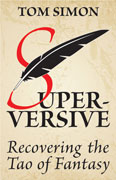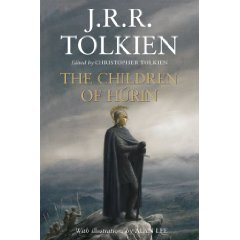If the kiss of a princess is the only thing that can turn a frog into a prince, then that kiss and nothing else must be had. Being kissed by a Duchess or a Countess will not do, not even if Parliament so decrees. In a medical thriller or a science fiction story, perhaps, you can have someone discover an unexpected miracle cure, or have Scotty use the Transporter to turn the frog back to his true shape. Science fiction is all about problem solving through technology. Science fiction is about daydreaming. But Fairy stories are about logic.
—John C. Wright, ‘What to Do When Your Outline Breaks’









Recent Comments